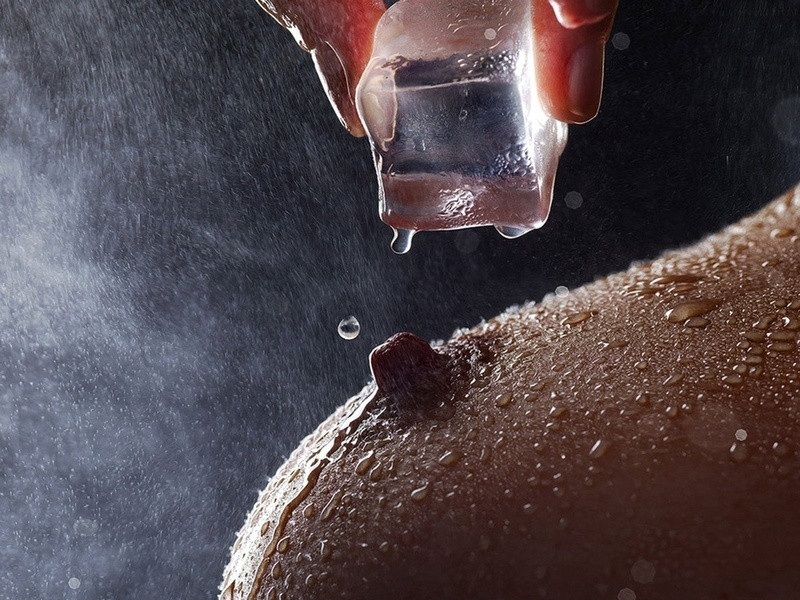Menopause and sexual lust

Understanding Menopause and Sex Life
Menopause is a natural phase in a woman's life, marked by the end of the menstrual cycle and which generally occurs between the ages of 45 and 55. It is associated with hormonal changes , especially the drop in estrogen and progesterone, which can affect the body, emotional well-being and sex life.
Common changes during menopause
Vaginal dryness
Reduced moisture can cause discomfort and pain during sexual intercourse.
Loss of vaginal elasticity
Decreased elasticity can make penetration more painful if not properly cared for.
Changes in libido
Some women report a drop in sexual desire, while others do not notice significant changes.
Mood swings
Emotional swings are frequent and also influence the sexual experience.
Pleasure is still possible
Despite the changes, pleasure is preserved and can be stimulated in different ways:
Rediscovering the body and new experiences
Greater attention to foreplay , oral sex , masturbation and the use of erotic toys
Valuing intimacy, with more emotional connection , freedom and self-confidence
Recommended resources and care
Lubricants and moisturizing creams : reduce discomfort and facilitate pleasurable relationships
Hormone therapy (under medical supervision) : can compensate for symptoms and improve sexual well-being
Pelvic floor exercises : strengthen vaginal muscles and increase pleasure
Open communication with your partner : strengthens complicity and understanding in your intimate life
Final considerations
Menopause doesn't mean the end of your sex life .
With information, care, and openness to new forms of pleasure, this phase can be experienced fully and satisfactorily.
Sexuality is part of health and deserves attention at all stages of life .










